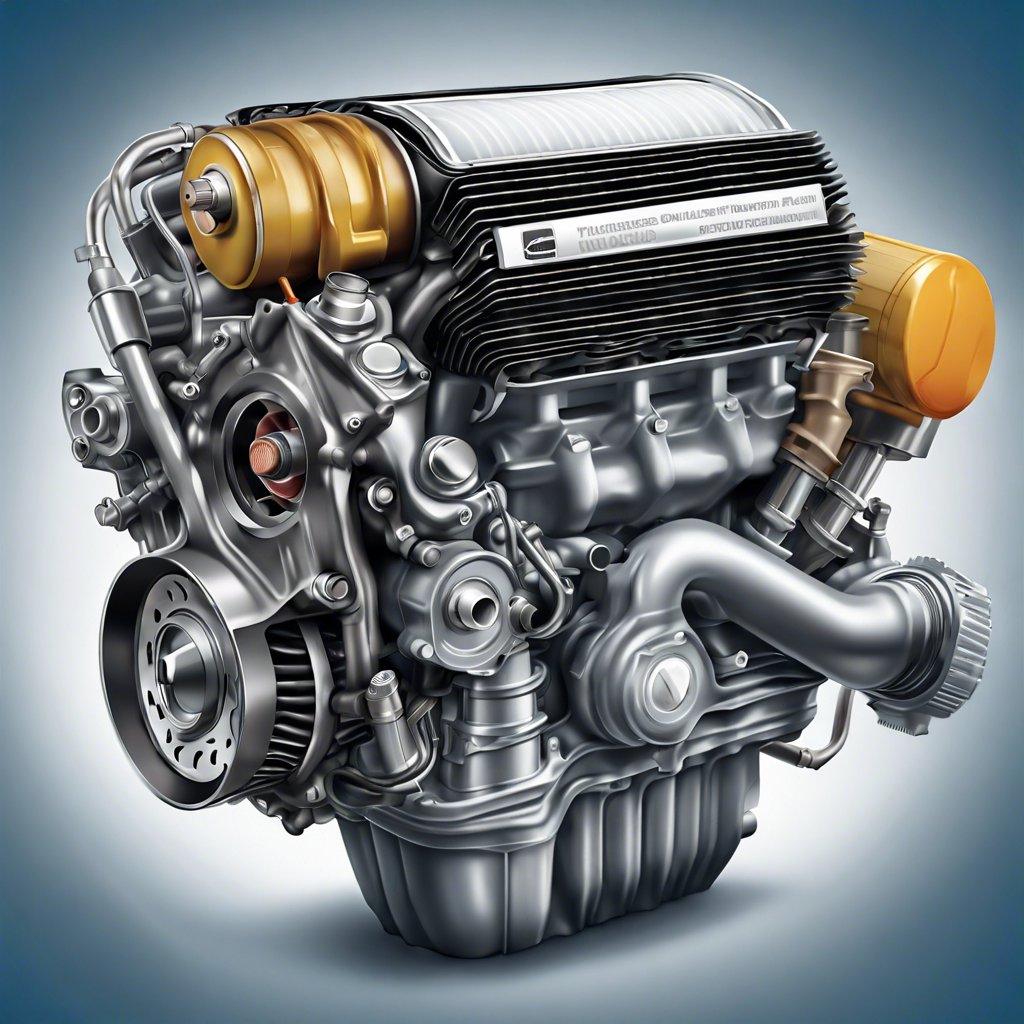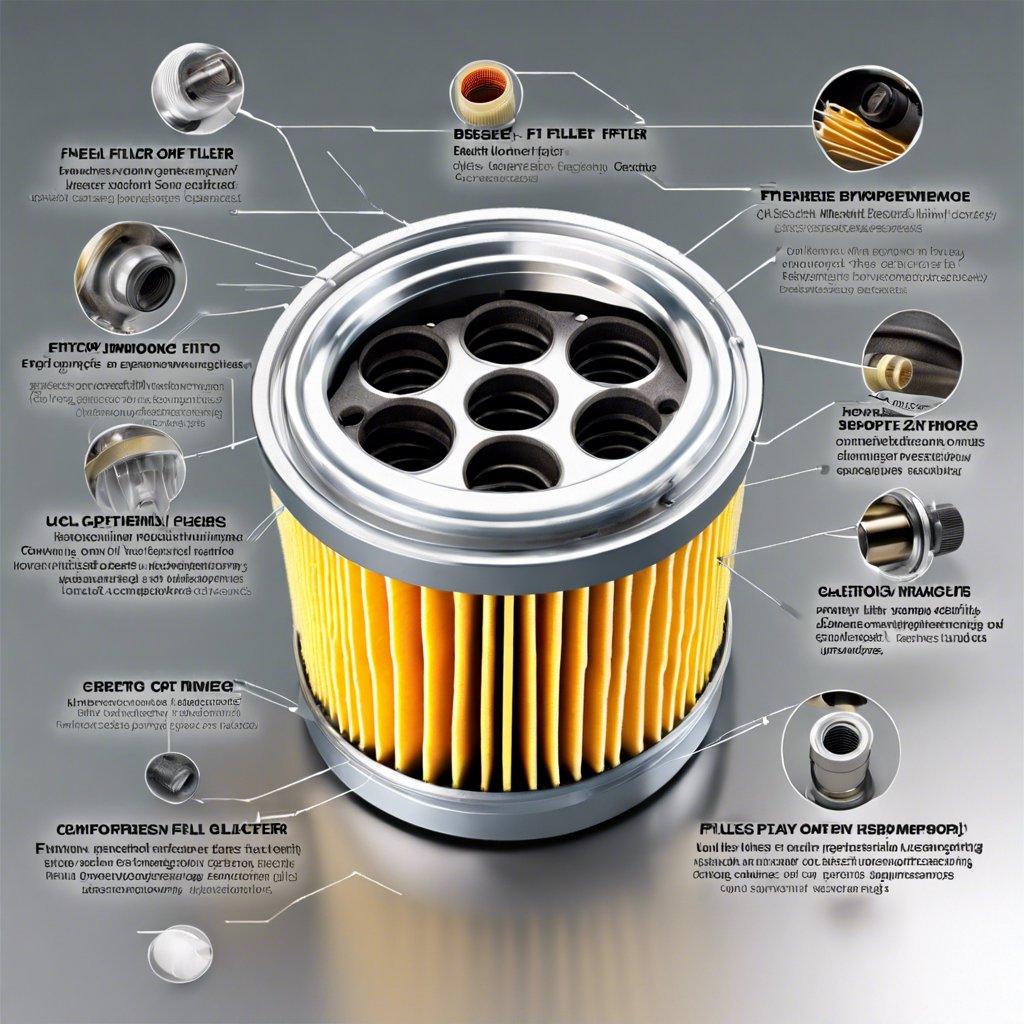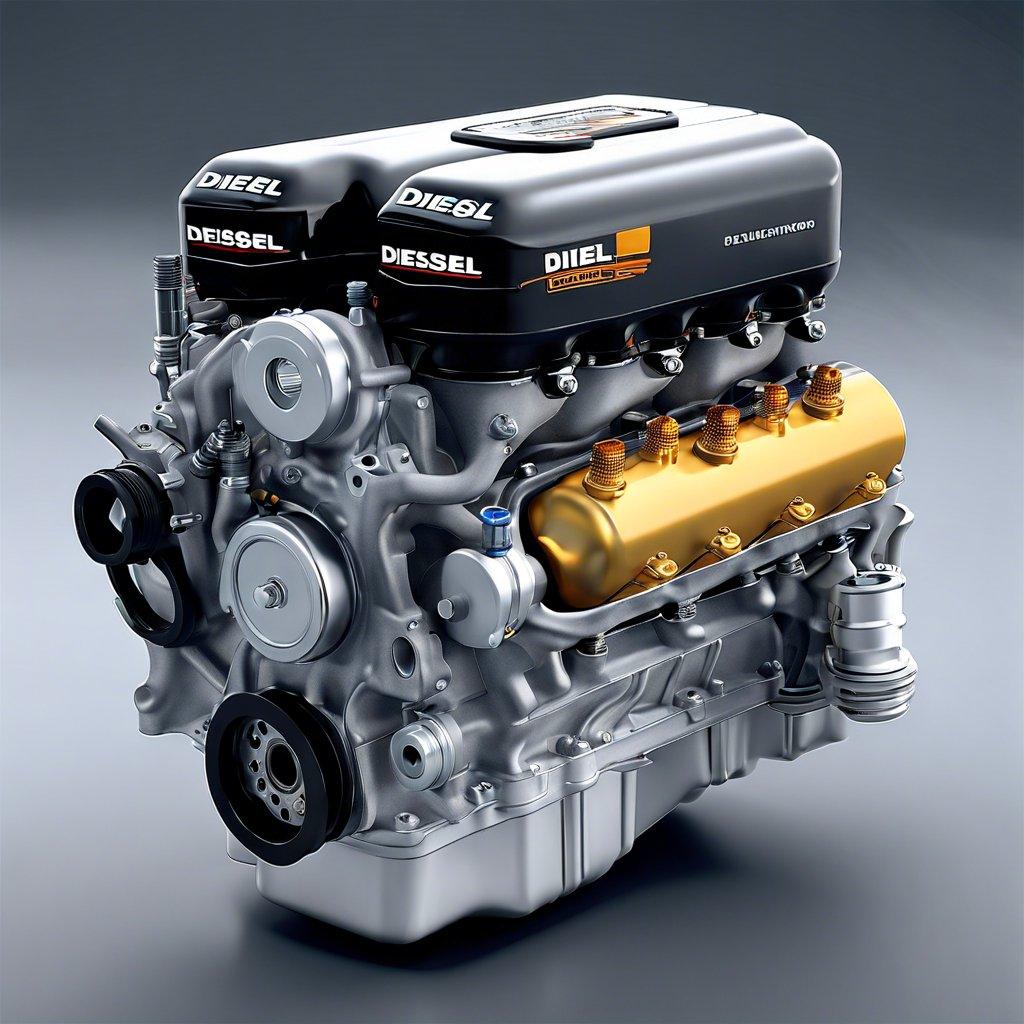Fuel Filter Change Costs: A Comprehensive Guide
Maximizing Fuel Efficiency: The Importance of Regular Fuel Filter Replacement

The Importance of Fuel Filter Replacement
Maintaining the health and efficiency of your vehicle’s fuel system is crucial for optimal performance and fuel economy. One of the most critical components in this system is the fuel filter, which plays a vital role in ensuring a clean and uninterrupted flow of fuel to the engine. Regular replacement of the fuel filter is essential to maximize fuel efficiency and prevent costly engine damage.
Understanding the Role of the Fuel Filter
The fuel filter is responsible for removing contaminants, such as dirt, rust, and other debris, from the fuel before it reaches the engine. Over time, the filter can become clogged, restricting the flow of fuel and reducing the engine’s ability to receive the proper amount of fuel. This can lead to a range of issues, including reduced power, decreased fuel efficiency, and even engine failure.
The Consequences of Neglecting Fuel Filter Replacement
Ignoring the recommended fuel filter replacement schedule can have serious consequences for your vehicle’s performance and longevity. A clogged fuel filter can cause the following problems:
- Decreased Fuel Efficiency: A restricted fuel flow due to a clogged filter results in the engine having to work harder to get the necessary fuel, leading to decreased fuel efficiency and higher fuel consumption.
- Reduced Engine Performance: The engine may experience a loss of power, hesitation, and difficulty starting due to the reduced fuel flow.
- Potential Engine Damage: In severe cases, a clogged fuel filter can cause the fuel pump to work harder, leading to premature wear and potential failure. This can result in costly engine repairs.
Fuel Filter Replacement Costs: A Closer Look
The cost of a fuel filter replacement can vary depending on several factors, such as the make and model of your vehicle, the location of the filter, and the labor required for the replacement. Generally, the cost of the filter itself can range from $10 to $50, while the labor cost can range from $50 to $150 or more, depending on the complexity of the job.
Maximizing Fuel Efficiency through Regular Fuel Filter Replacement
| Benefit | Description |
|---|---|
| Improved Fuel Economy | A clean fuel filter ensures optimal fuel flow, allowing the engine to operate more efficiently and consume less fuel. |
| Enhanced Engine Performance | Replacing the fuel filter can restore power, acceleration, and overall engine responsiveness. |
| Prolonged Engine Life | Preventing fuel system issues, such as fuel pump failure, can extend the lifespan of your vehicle’s engine. |
Investing in regular fuel filter replacement is a small but crucial step in maintaining the efficiency and longevity of your vehicle. By understanding the importance of this task and the potential consequences of neglecting it, you can ensure your vehicle runs at its best, maximizing fuel efficiency and minimizing the risk of costly repairs.
Unlocking Optimal Engine Performance: The Hidden Benefits of Fuel Filter Maintenance
The Importance of Fuel Filter Maintenance
Maintaining the health of your vehicle’s fuel system is crucial for optimal engine performance, fuel efficiency, and longevity. At the heart of this system lies the fuel filter, a vital component that plays a pivotal role in ensuring the purity of the fuel delivered to the engine. Neglecting routine fuel filter changes can have far-reaching consequences, leading to decreased power, reduced fuel economy, and even potential engine damage.
Enhancing Engine Efficiency
A clean, properly functioning fuel filter helps to ensure a steady, uninterrupted flow of fuel to the engine. This, in turn, enables the engine to operate at its peak efficiency, delivering maximum power and responsiveness. By removing contaminants and impurities from the fuel, the fuel filter helps to maintain the delicate balance of the fuel injection system, ensuring precise fuel delivery and optimal combustion.
Extending Engine Life
Over time, the fuel filter can become clogged with accumulated debris, restricting the flow of fuel and placing additional strain on the fuel pump and other components of the fuel system. This can lead to reduced engine performance and, in severe cases, engine failure. Regular fuel filter changes help to mitigate this risk, protecting the engine from premature wear and tear and extending its overall lifespan.
Improved Fuel Economy
A clean, unobstructed fuel filter allows for the efficient delivery of fuel to the engine, reducing the amount of energy required to overcome the resistance caused by a clogged filter. This, in turn, can result in improved fuel economy, helping to save you money at the pump and reduce your environmental impact.
Preventive Maintenance: The Key to Long-Term Success
Adhering to the manufacturer’s recommended fuel filter change intervals is essential for maintaining the optimal performance and longevity of your vehicle. By proactively addressing this critical maintenance task, you can enjoy the many benefits of a well-maintained fuel system, including enhanced engine efficiency, improved fuel economy, and prolonged engine life.
The fuel filter plays a vital role in the overall health and performance of your vehicle’s engine. By understanding the importance of regular fuel filter maintenance and the hidden benefits it can provide, you can take a proactive approach to ensuring the long-term success of your vehicle. Invest in the health of your fuel system, and unlock the true potential of your engine’s capabilities.
Extending Engine Lifespan: How Fuel Filter Replacement Safeguards Your Investment
Protecting Your Engine’s Heart: The Importance of Fuel Filter Replacement
As an engineering or technology professional, you understand the critical role that the fuel system plays in the overall performance and longevity of your vehicle’s engine. At the heart of this system lies the fuel filter, a crucial component responsible for removing impurities and contaminants from the fuel before it reaches the engine. Neglecting to replace this filter can have dire consequences, leading to increased wear and tear, reduced efficiency, and ultimately, a shorter engine lifespan.
The Hidden Cost of Neglect: Fuel Filter Replacement as a Preventative Measure
While the cost of a fuel filter replacement may seem like a minor expense, the long-term benefits of maintaining this essential component cannot be overstated. By proactively replacing the fuel filter at the recommended intervals, you can safeguard your investment in your vehicle, ensuring that your engine continues to operate at peak efficiency and reducing the likelihood of costly repairs down the line.
Fuel Filter Replacement: A Wise Investment in Your Vehicle’s Future
Neglecting to replace the fuel filter can lead to a host of problems, including:
- Reduced fuel efficiency: Clogged or dirty fuel filters can restrict the flow of fuel, causing your engine to work harder and consume more fuel to maintain the same level of performance.
- Increased engine wear: Contaminants in the fuel can cause accelerated wear on critical engine components, such as fuel injectors, pumps, and the engine itself, leading to costly repairs.
- Decreased power and performance: A compromised fuel filter can result in a noticeable decrease in your vehicle’s power and responsiveness, affecting its overall driving experience.
To ensure the longevity and optimal performance of your vehicle’s engine, it is essential to follow the manufacturer’s recommended fuel filter replacement schedule. While the cost of a fuel filter replacement may seem like a small investment, the long-term benefits of this maintenance task cannot be overstated. By proactively addressing this critical component, you can safeguard your investment and enjoy a reliable, well-performing vehicle for years to come.
| Fuel Filter Replacement Interval | Average Cost |
|---|---|
| Every 30,000 to 50,000 miles | $50 to $100 |
Remember, investing in the timely replacement of your vehicle’s fuel filter is a wise decision that can pay dividends in the form of improved performance, increased fuel efficiency, and extended engine lifespan. By prioritizing this essential maintenance task, you can protect your investment and ensure that your vehicle continues to perform at its best for years to come.
Understanding the Importance of Fuel Filter Maintenance
Fuel filters play a crucial role in the efficient operation of your vehicle’s engine. They remove impurities and contaminants from the fuel, ensuring smooth combustion and prolonging the life of critical engine components. Regularly changing your fuel filter is a simple yet essential maintenance task that can save you from costly repairs down the line.
Factors Influencing Fuel Filter Change Costs
The cost of a fuel filter change can vary depending on several factors, including:
- Vehicle Make and Model: The cost of the fuel filter itself can differ based on the make and model of your vehicle. Luxury or high-performance vehicles may require more specialized and expensive filters.
- Labor Costs: The labor required to replace the fuel filter can also impact the overall cost. The complexity of the job and the mechanic’s hourly rate can affect the final price.
- Location: The geographic region and the type of repair shop (dealer, independent, or DIY) can influence the cost of a fuel filter change.
Estimating the Cost of a Fuel Filter Replacement
To provide a more accurate estimate, consider the following cost ranges:
| Cost Component | Estimated Range |
|---|---|
| Fuel Filter Part | $20 – $100 |
| Labor Costs | $50 – $150 |
| Total Estimated Cost | $70 – $250 |
Maximizing Cost Savings: DIY Fuel Filter Replacement
For those who are mechanically inclined, performing a DIY fuel filter replacement can be a cost-effective option. By following the manufacturer’s instructions and taking the necessary safety precautions, you can save a significant amount on labor costs. However, it’s important to have the right tools and follow proper procedures to avoid any potential issues.
Conclusion: Prioritizing Fuel Filter Maintenance
Maintaining your vehicle’s fuel filter is a small investment that can yield long-term benefits. By understanding the factors that influence the cost of a fuel filter change and exploring cost-saving options, you can ensure the smooth and efficient operation of your vehicle while minimizing unnecessary expenses.




Post Comment